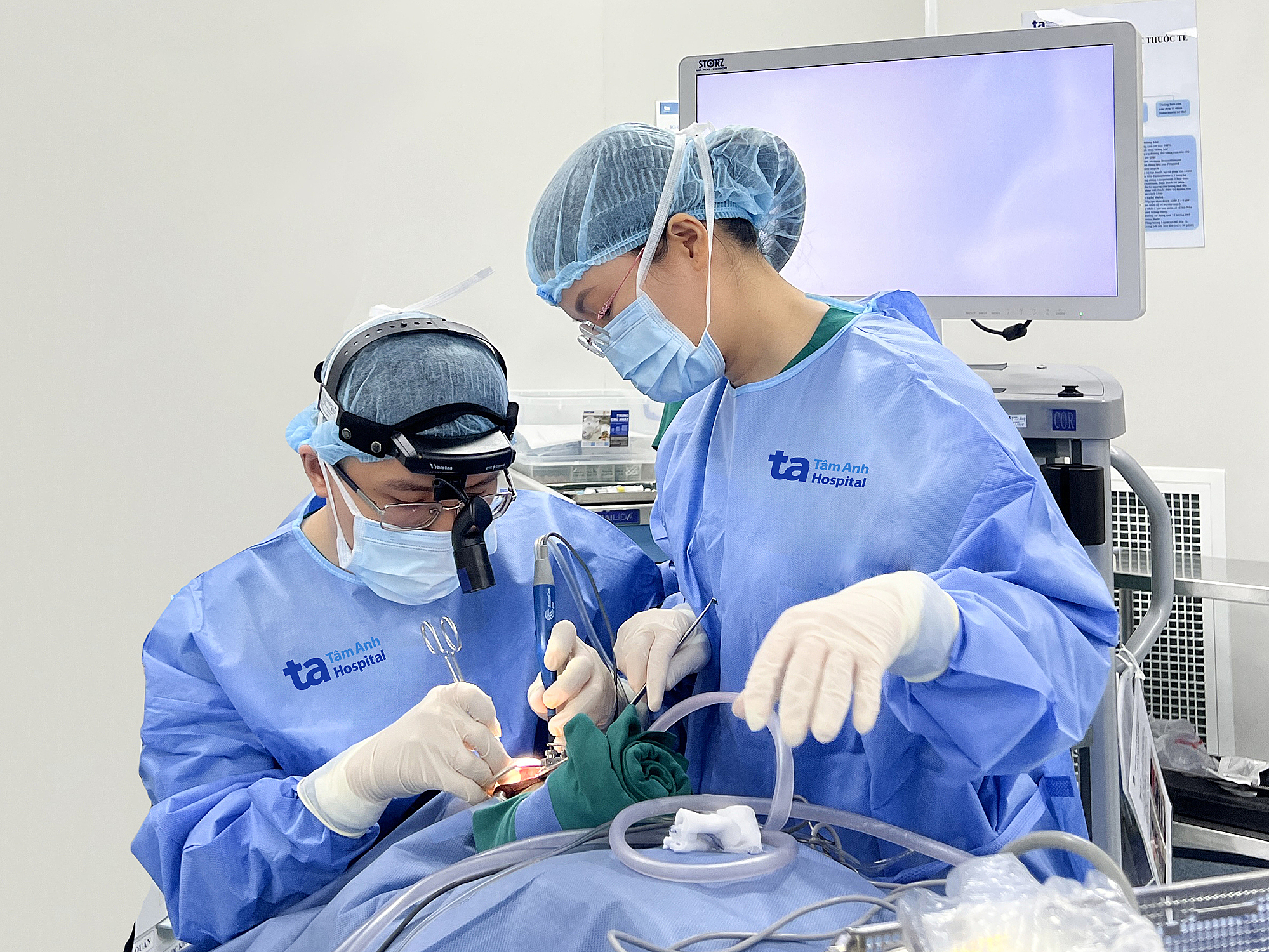Answer:
During sleep, the muscles around the throat, tongue, and soft palate, which keep the upper airway open (muscle tone), weaken and tend to relax. Alcohol inhibits the central nervous system, causing these throat muscles to relax excessively. The tongue and throat then collapse further, narrowing the airway behind the throat and obstructing airflow. As air passes through this narrowed airway, the soft tissue vibrates, creating a louder and more prolonged snoring sound. Normally, snoring would awaken the sleeper due to lack of oxygen or prompt a change in position to facilitate breathing. However, alcohol delays this reflex, allowing the snoring to continue.
Obstructive sleep apnea (OSA) causes the sleeper to stop breathing for several seconds to over a minute, multiple times per night. Symptoms of OSA include loud snoring, nighttime awakenings, sudden shortness of breath, daytime fatigue and sleepiness, headaches, and difficulty concentrating. Snoring tends to be louder and more persistent in those with OSA.
Snoring can be physiological or pathological. Physiological snoring occurs only after drinking alcohol or in certain sleeping positions, isn't accompanied by sleep apnea, and ceases with lifestyle changes. To improve this type of snoring, avoid alcohol and sedatives before bed, sleep in the correct position, maintain a healthy weight, and exercise regularly.
Frequent snoring accompanied by obstructive sleep apnea, morning fatigue, daytime sleepiness, and persistence despite adjustments to weight and sleep position may indicate a pathological condition. Some medical conditions that cause snoring include enlarged tonsils, a narrow throat, a deviated nasal septum, an elongated uvula, an enlarged tongue base, and throat tumors. These require treatment by a specialist.
 |
Doctor Truong (left) performs a tonsillectomy on a patient with enlarged tonsils causing snoring. Illustration photo: Tam Anh General Hospital. * |
If your husband snores regularly, wakes up suddenly with shortness of breath, experiences daytime fatigue, difficulty concentrating, or excessive sleepiness, he should consult an ear, nose, and throat (ENT) specialist for evaluation, diagnosis, and treatment. To diagnose OSA, the doctor may order a respiratory polygraph or a sleep study. Based on the apnea-hypopnea index (AHI), which measures the number of breathing pauses per hour, the doctor can assess the severity of sleep apnea and recommend appropriate treatment.
Snoring can be treated with continuous positive airway pressure (CPAP) therapy or surgery to reduce tongue base volume, hypoglossal nerve stimulation to activate throat muscles during sleep, and widen the throat to reduce snoring and improve sleep quality.
MSc. MD. Specialist Level I Truong Tri Tuong
ENT Center
Tam Anh General Hospital TP HCM
| Readers can submit questions about ear, nose, and throat conditions here for doctors to answer. |












